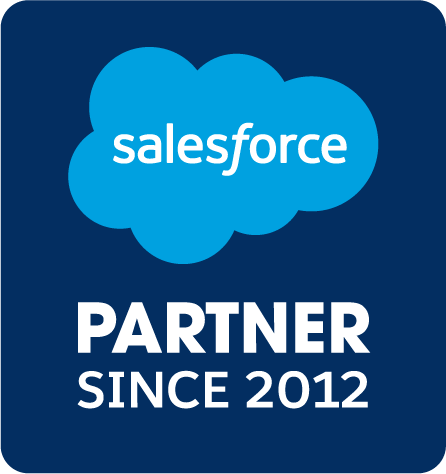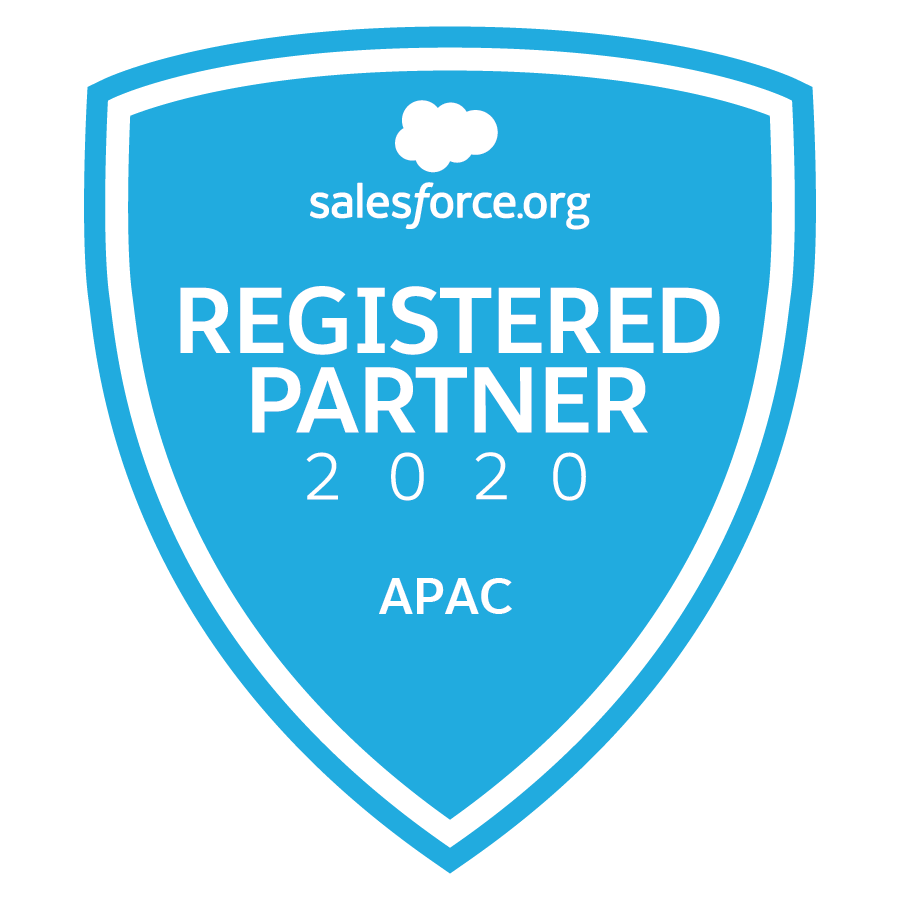With complex parent/child/mentor relationships, plus a part-time and volunteer workforce, creating a centralised system was demanding. Not only does each child have unique requirements, the intricacies of background checks, including both parents and mentors, is considerable.
“To improve our customer service and minimise our risk, we needed a system that could guarantee to our customers that we were meeting our SLAs. Additionally, we needed a system that would improve our own internal reporting requirements and provide us with full visibility of customer history.”
“The whole process was about giving the Link Coordinators (social workers) more time for client-facing work. We needed a streamlined system in which we knew the data was secure, reports could be generated, and our coordinators could be automatically prompted to tick all the necessary boxes. They are all part time so we needed to give them more time to do value-added client-facing work rather than administration,” said Gibson.
Lead acquisition and customer engagement also needed to be intuitive for staff. “We needed a system that was broad enough to enable all staff and volunteers to contribute to marketing and fundraising activities quickly and easily.
“Overall, our biggest perceived challenge was how we could map these complex parent/child/mentor relationships to Salesforce CRM. But once we talked with SalesFix they resolved those issues immediately, and it was very easy to move forward,” said Gibson.
Salesforce’s cloud-based central database proved a great advantage to the small team. It ensured greater efficiencies and gave the organisation peace of mind knowing their data is
secure and backed up.
“SalesFix was highly efficient and effective. It took under a month from the initial workshop to the proof of concept. Only a few tweaks were required, and the full ‘go live’ was available within four weeks.
“SalesFix was also extremely flexible in terms of our budget. They provided a list of outcomes for specific budgets, which gave us a gauge of what was immediately possible and what we had the capacity to do in the future. With their help we got the most important requirements right from the start,” said Gibson.
Along with creating one central database, SalesFix took the time to train staff in the new system to best oversee their client relationships.
“SalesFix really understood our capacity and IT literacy constraints, so the training and documentation they provided was fantastic. Picking up the system was a significant change for us, so it took a little while before there was 100% adoption rate. It is now in full flight! Everyone records all data and the reporting capabilities are now excellent.
“In particular, SalesFix was able to address our complex requirements around relationship mapping. They really listened to us. Together we were able to work out some of the daily challenges, and they translated how to map that across to Salesforce before any problems arose.”
As a social enterprise, Aunties and Uncles looks at improvement in the quality of life for disadvantaged children and the number they can help as the key end result.
“We focus on improving the quality of our work – making sure we provide the best link between child and mentor. Salesforce has given us the ability to provide those best links a lot more quickly, meaning we will be able to offer our services to more households in the near future and ultimately improve more children’s lives.
“With some configuration, Salesforce is a very supportable, scalable, and an easily maintained system. The CRM we looked at years ago was going to need customisations and ongoing upgrades which could break the areas of the system in the future. As soon as we started to work with SalesFix we realised that they knew how to customise Salesforce to work with our unique and complex relationship organisation.
“Since we implemented Salesforce Case Management, there has been an increased transparency for our business to gauge the positive impact that we have on these disadvantaged children’s lives.
“In addition, this information makes it easier for us to communicate our ‘big picture’ successes to our donors, and show the impact of their support. We have such a better insight into the profiles of our Aunts and Uncles, parents, and the disadvantaged children and the key benefits we can provide.”








